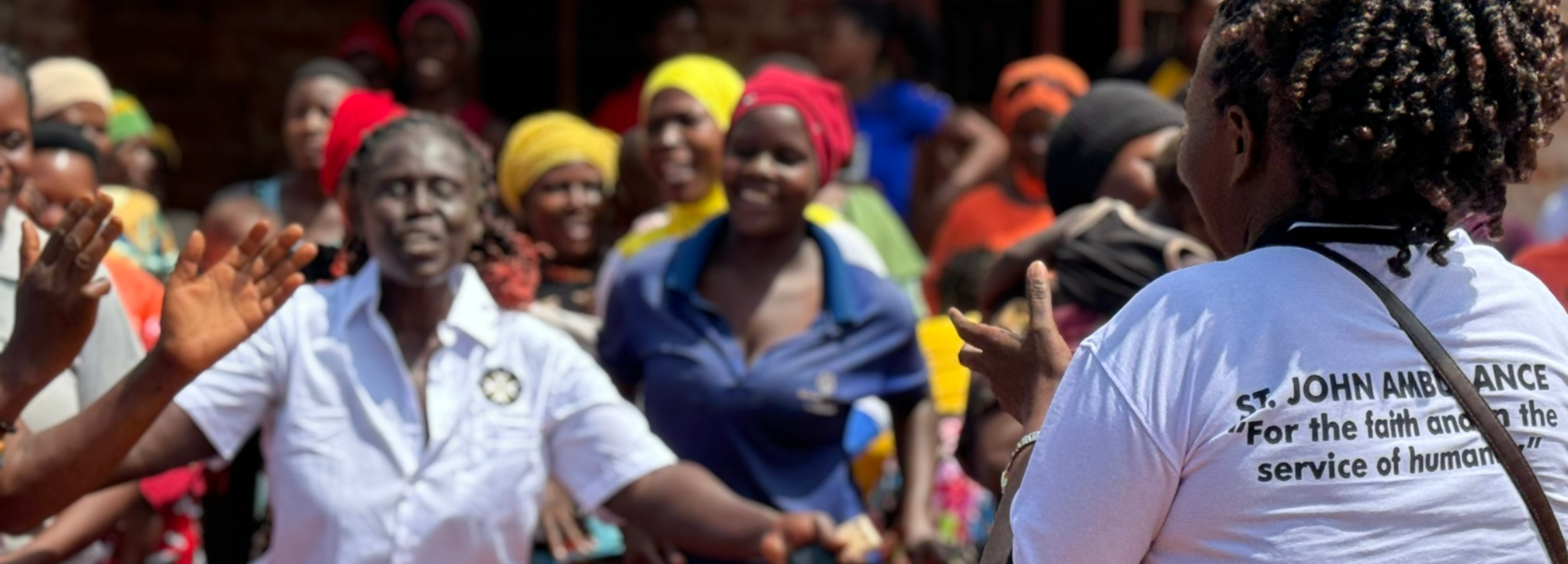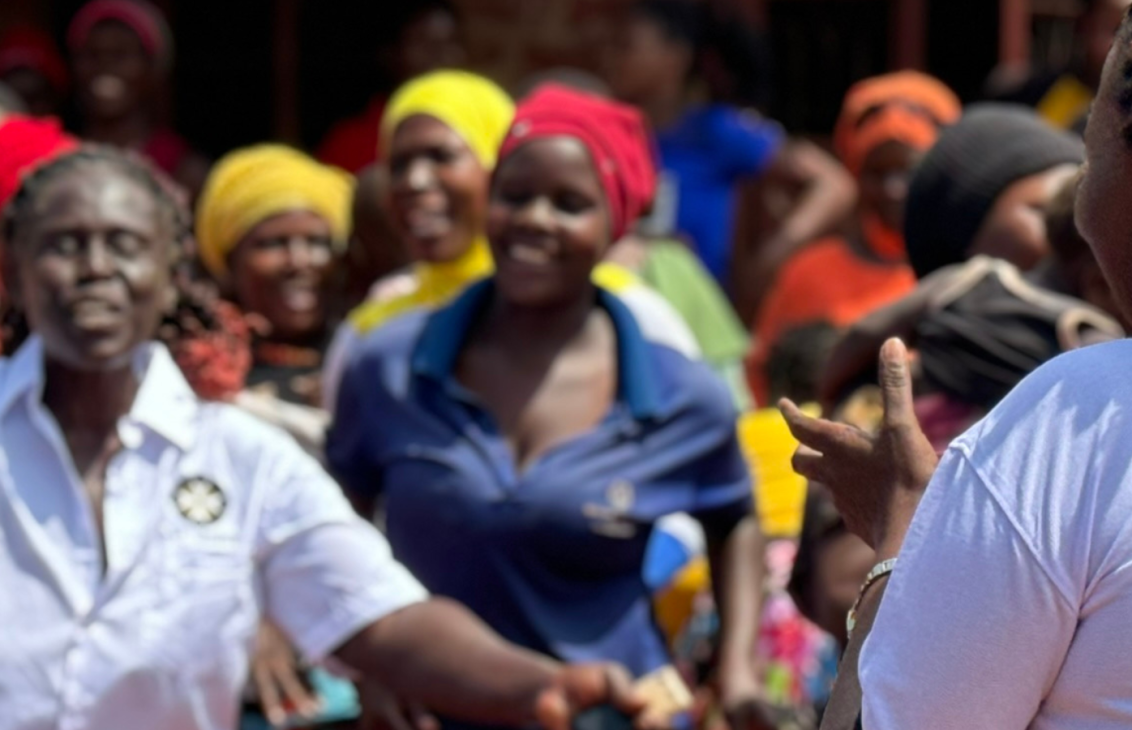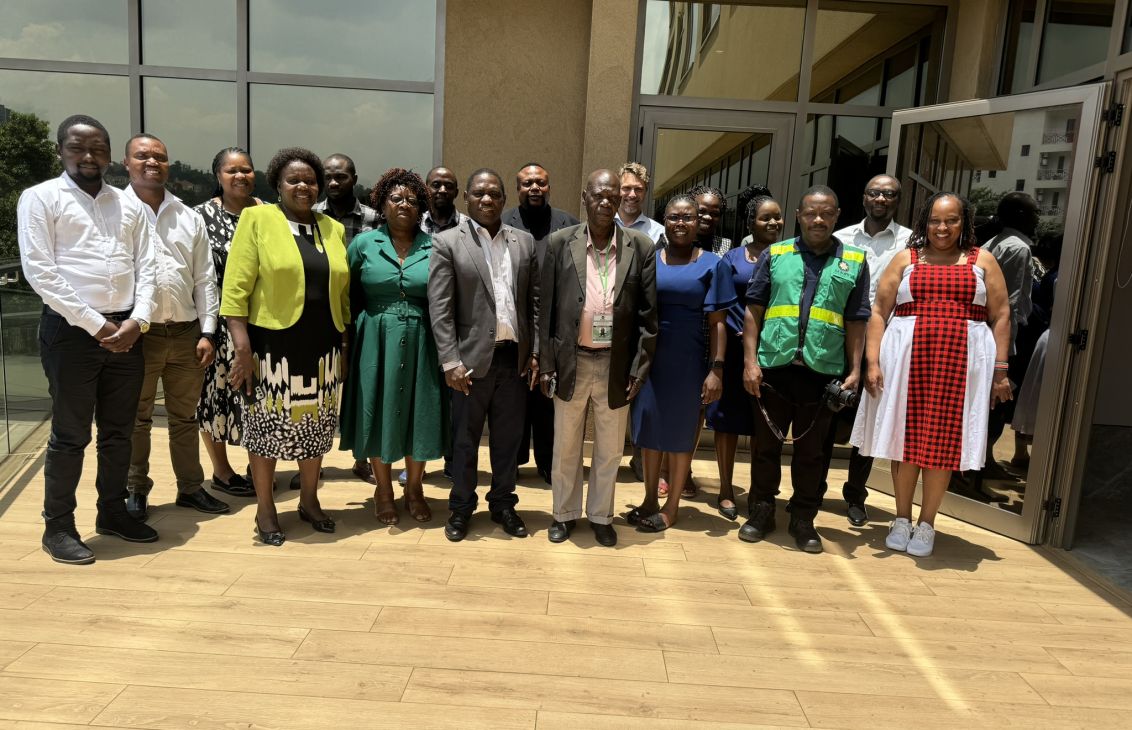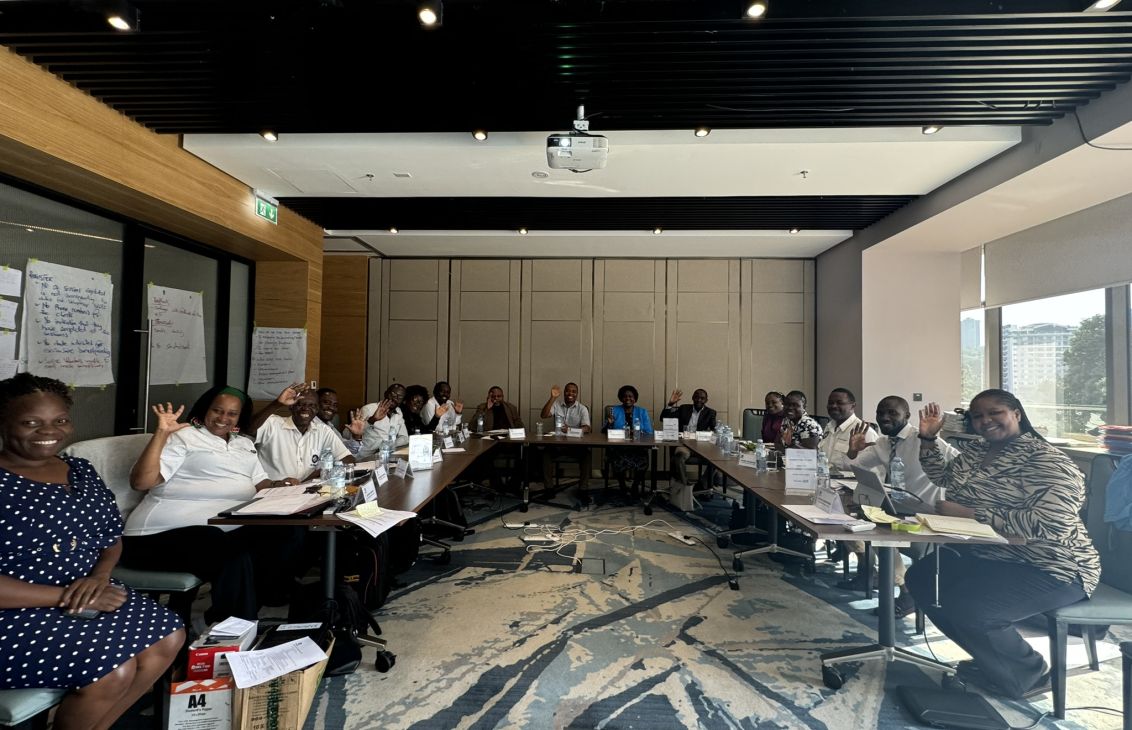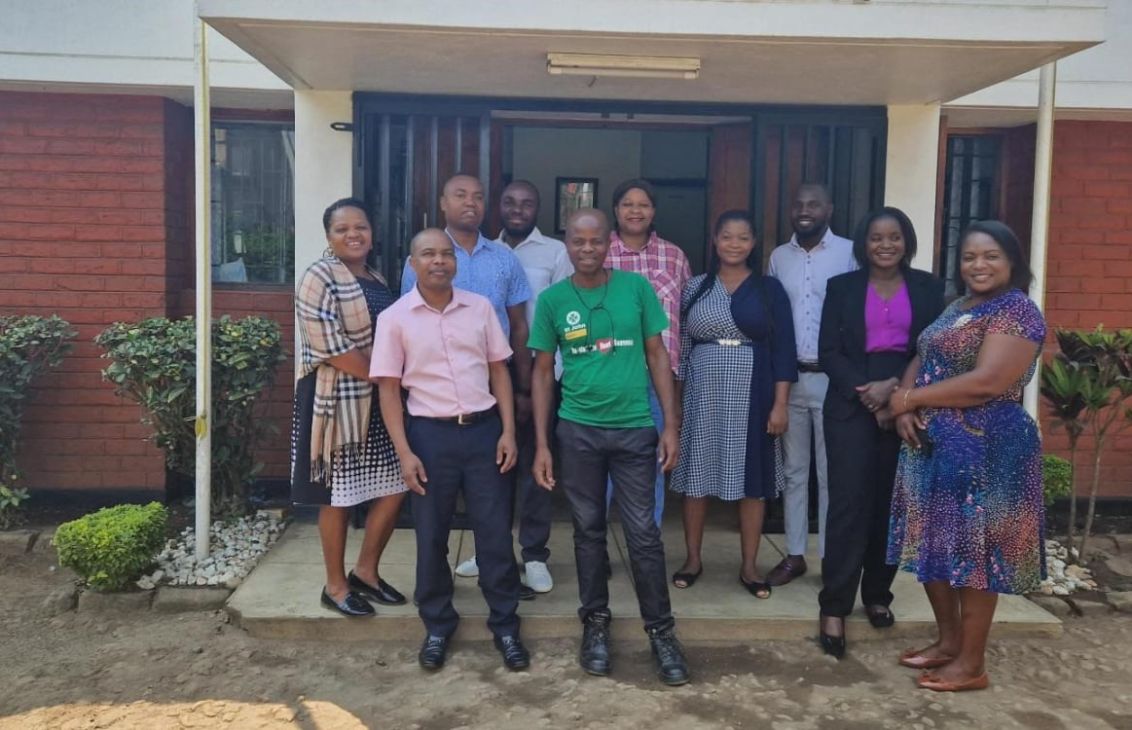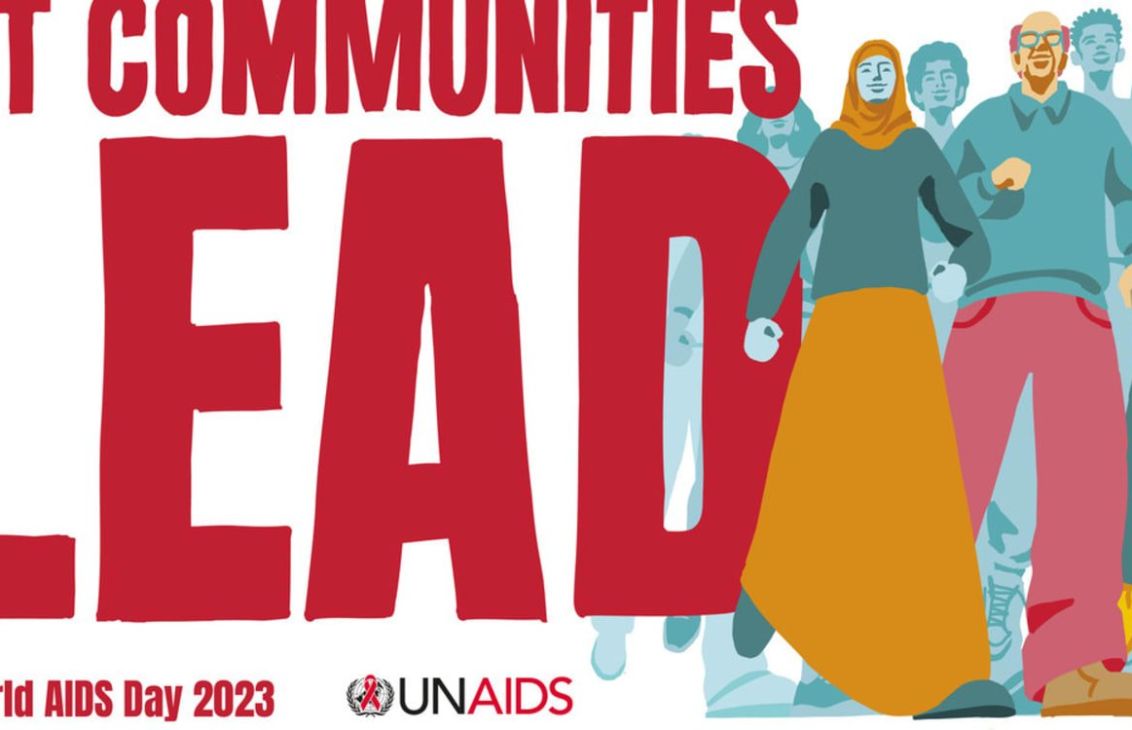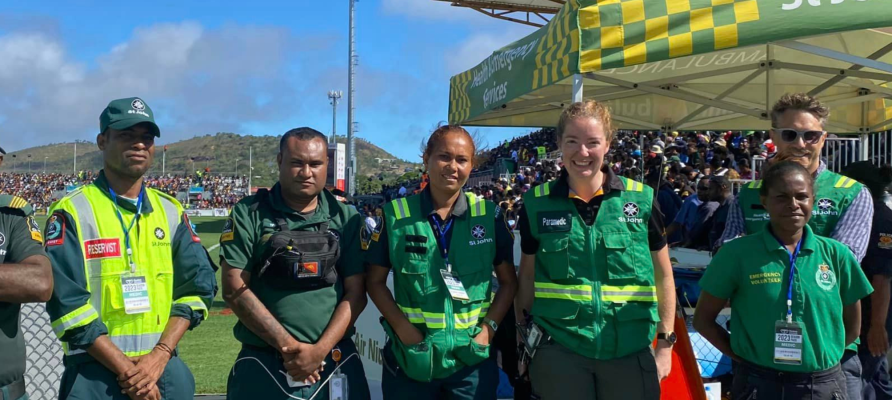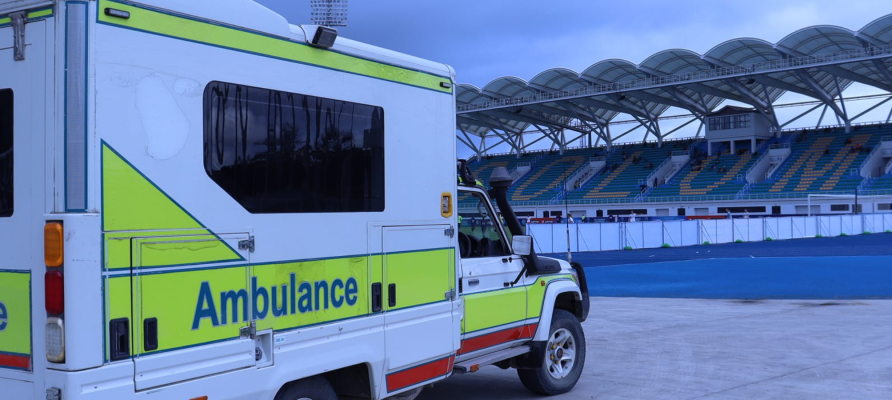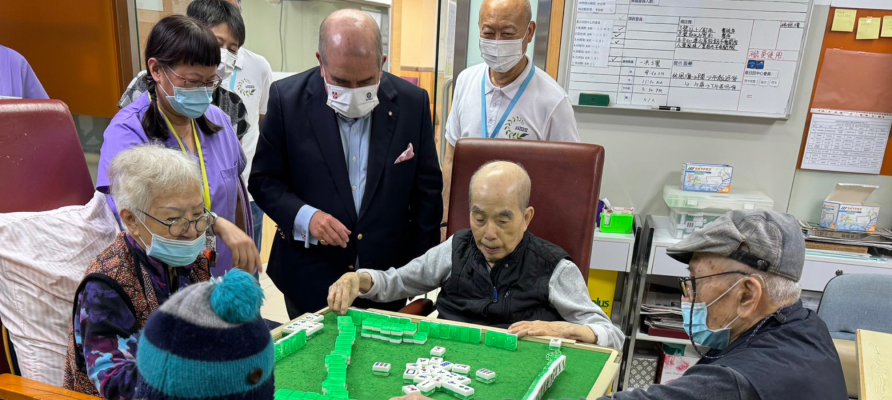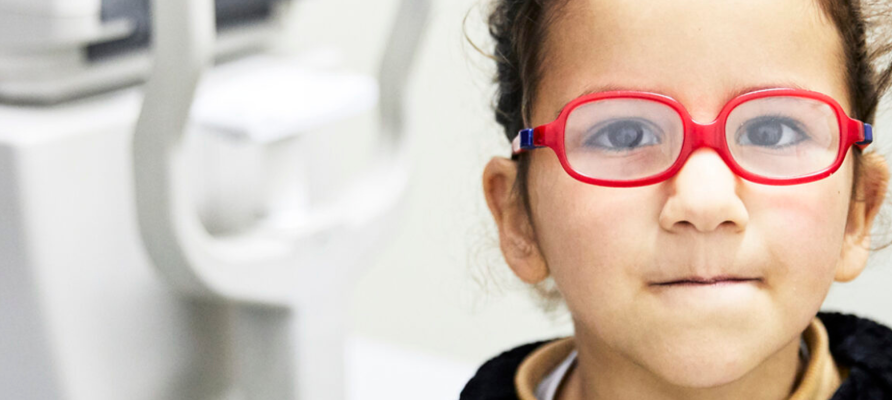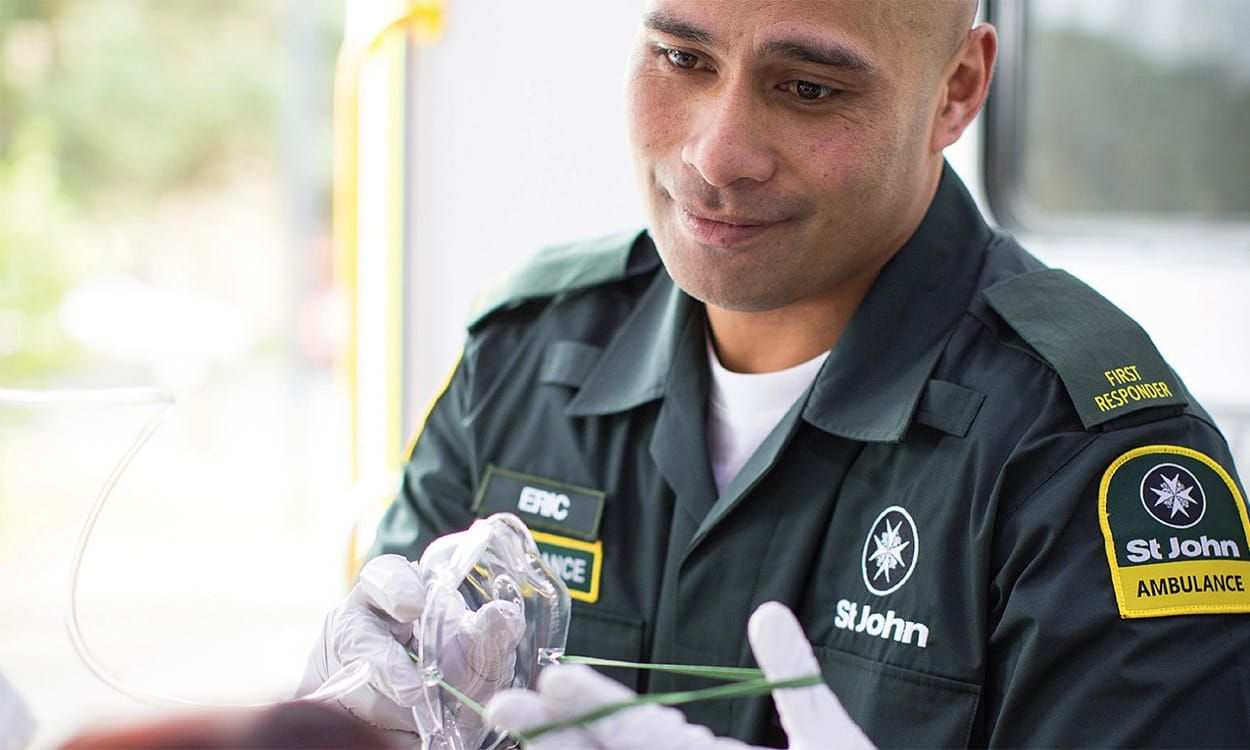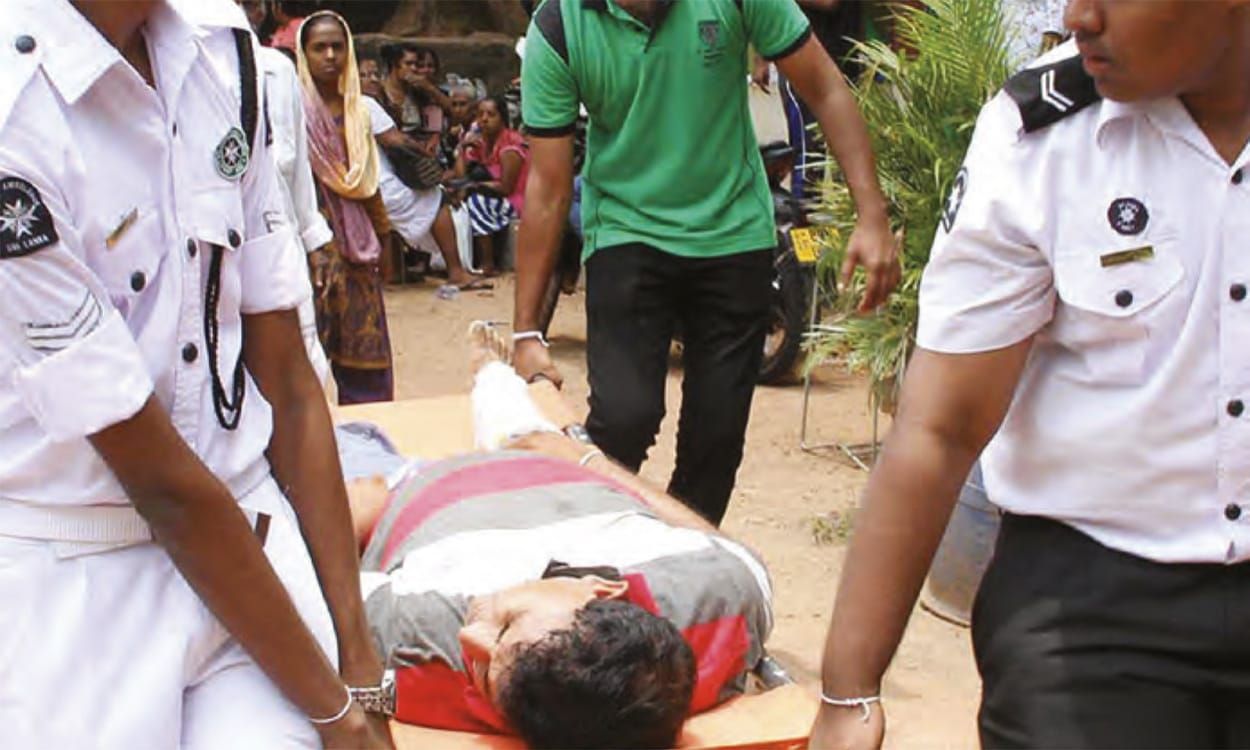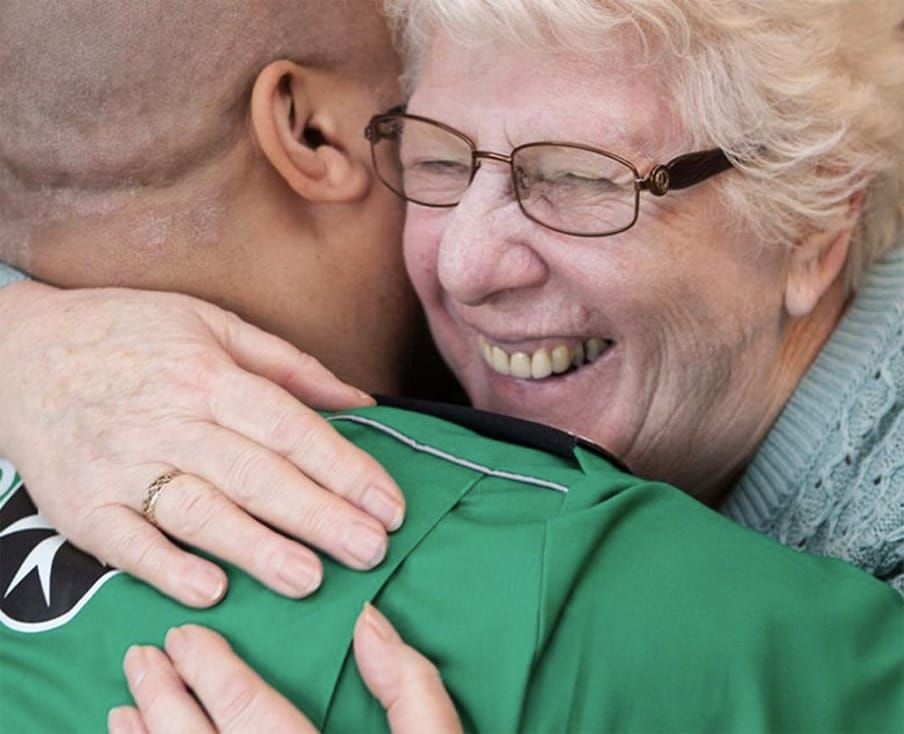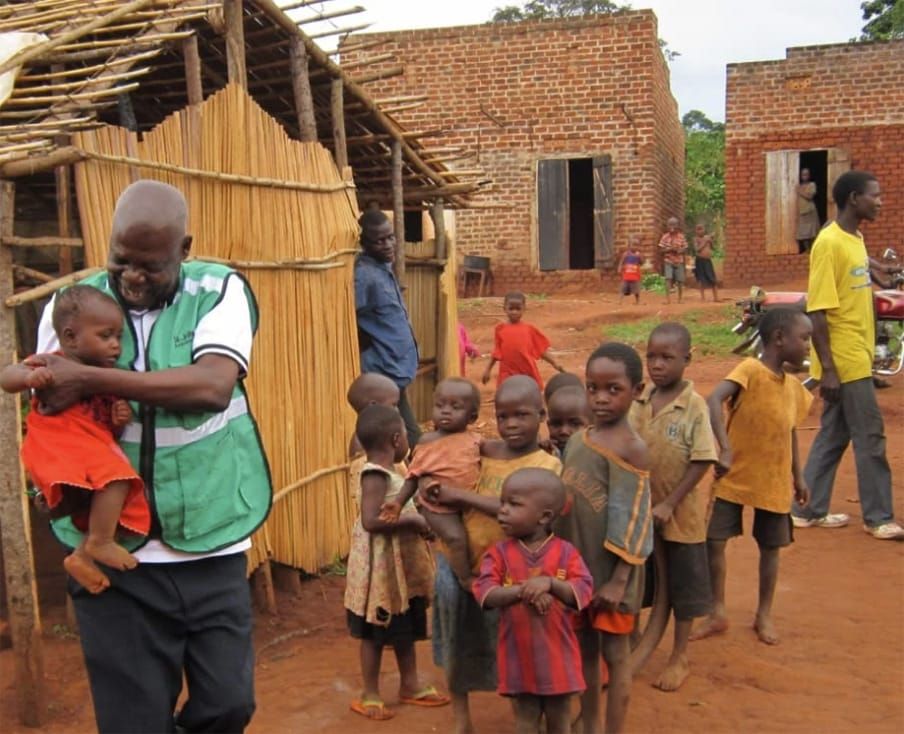What's the challenge?
According to WHO, Maternal mortality is unacceptably high. About 260 000 women died during and following pregnancy and childbirth in 2023. Approximately 92% of all maternal deaths occurred in low- and lower-middle-income countries in 2023, and most could have been prevented.
Sub-Saharan Africa and southern Asia accounted for around 87% (225 000) of the estimated global maternal deaths in 2023. Sub-Saharan Africa alone accounted for around 70% of maternal deaths (182 000), while southern Asia accounted for around 17% (43 000).
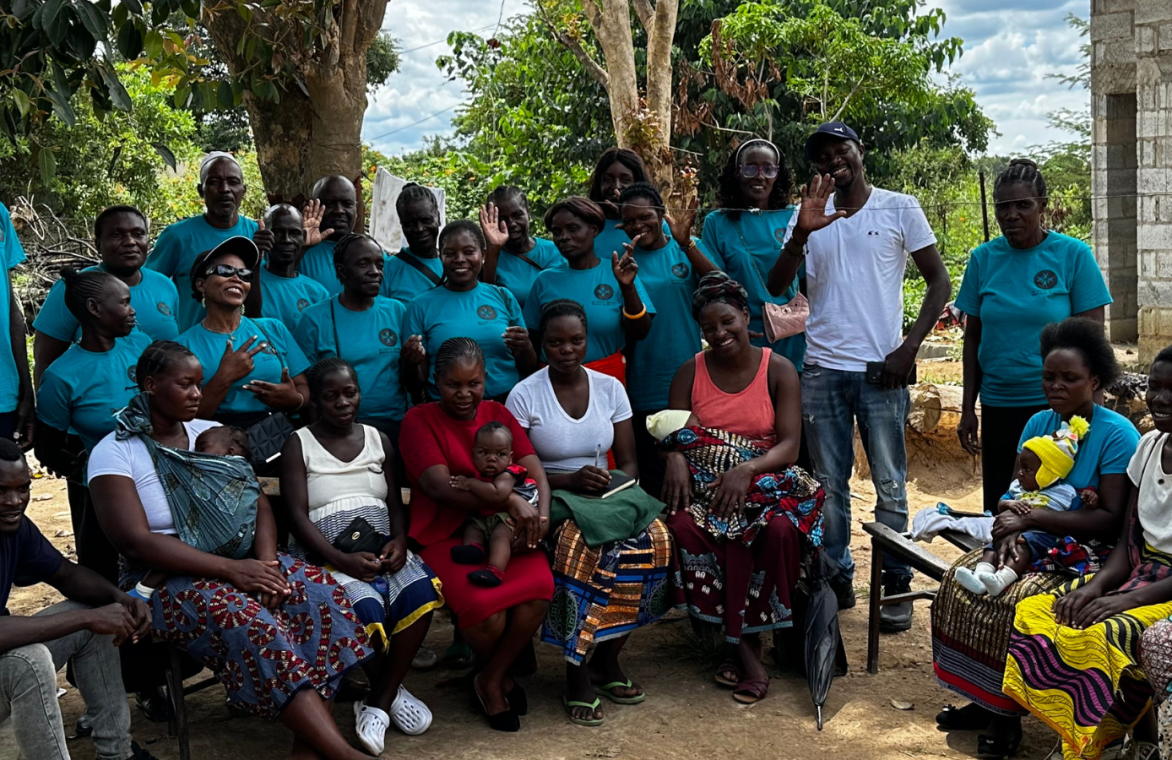
Zimbabwe
According to World Bank (2023) 225 women die per 100,000 live births due to pregnancy-related causes in Malawi. 114 of every 1,000 girls ages 15-19 gave birth in Malawi in 2023. Malawi’s latest infant mortality according to World Bank (2023) rate is estimated at about 29 deaths per 1,000 live births, reflecting improvement in child survival but still signalling substantial vulnerability among newborns. While maternal mortality has declined over time, it remains high and significantly above the SDG 3.1 target (70/100,000), placing women at continued risk during pregnancy and childbirth. Limited access to skilled birth attendants, delays in reaching care, and insufficient emergency obstetric services contribute to preventable maternal deaths.
Zambia
According to World Bank (2023) Zambia has made notable progress, with a recent MMR estimate of approximately 85 maternal deaths per 100,000 live births, placing the country closer to the SDG 3.1 threshold than many of its regional counterparts. The IMR, however, remains relatively high at about 31 deaths per 1,000 live births, indicating ongoing risk for newborns during the first year of life. While maternal outcomes have improved due to better access to antenatal care, increased skilled birth attendance, and stronger national health strategies, neonatal and infant mortality remain key challenges. Sustained efforts are required to address quality-of-care gaps, strengthen emergency obstetric and newborn care, and ensure equitable access to life-saving services across rural and underserved communities.
Uganda
According to World Bank (2023) Uganda’s current maternal mortality rate is at 170 deaths per 100,000 live births, with an infant mortality rate of 28 deaths per 1,000 live births. Despite gradual improvements, the country continues to face considerable challenges in reducing preventable maternal and newborn deaths. Young mothers, particularly adolescents, are at elevated risk, and rural populations face significant barriers to timely and high-quality care. The high maternal mortality reflects gaps in managing pregnancy, while infant deaths are often driven by complications during childbirth and inadequate neonatal care. These patterns point to critical needs in strengthening health-facility capacity, expanding skilled birth attendance, and improving newborn survival interventions.
Malawi
According to World Bank (2023) 225 women die per 100,000 live births due to pregnancy-related causes in Malawi. 114 of every 1,000 girls ages 15-19 gave birth in Malawi in 2023. Malawi’s latest infant mortality according to World Bank (2023) rate is estimated at about 29 deaths per 1,000 live births, reflecting improvement in child survival but still signalling substantial vulnerability among newborns. While maternal mortality has declined over time, it remains high and significantly above the SDG 3.1 target (70/100,000), placing women at continued risk during pregnancy and childbirth. Limited access to skilled birth attendants, delays in reaching care, and insufficient emergency obstetric services contribute to preventable maternal deaths.
Kenya
According to World Bank (2023) Kenya’s maternal mortality ratio (MMR) is at 149 maternal deaths per 100,000 live births, while the infant mortality rate (IMR) stands at about 34.7 deaths per 1,000 live births. Although these indicators have improved over recent years, they remain well above global targets and highlight persistent gaps in the quality and accessibility of maternal and newborn health services. The most affected are rural and low-income communities, limiting Kenya’s progress toward achieving SDG 3.1 and 3.2 and underscoring the need for investment in integrated maternal and newborn health interventions.
What are we doing?
In November 2014, St John International launched the “Mama Na Mwana / Mother and Baby” programme, implemented by St John associations in Malawi, Uganda, Zambia, and Zimbabwe, with St John Kenya joining as a pilot in 2025. Over the past decade, this initiative has contributed significantly to improving maternal and newborn health across Sub-Saharan Africa.
To date, the programme has:
– Enrolled over 239,000 primary beneficiaries
– Reached 1,193,626 secondary beneficiaries
– Delivered health consultations to over 557,000 individuals
– Improved key maternal health indicators, including a 52% increase in ANC access from 25% in 2022 and a 96% adoption rate for family planning from 83% in 2022
Through community engagement and stronger relationships between local health providers and families, the programme has helped instil a culture of partnership and sustained health improvement through household visits and clinical support.
2025 in Numbers
26 staff
433 trained and active St John volunteers
34,469 people have been enrolled across the three primary beneficiary groups (pregnant women, new mothers and men) by October 2025.
231,763 community members have ben reached through outreach clinics and community health awareness education on maternal and child health by October 2025.
Integrating St John Mother and Baby Programme and the "Three Delays Model"
In all project countries, maternal and infant mortality ratios are unacceptably high and urgent preventative action is required to save lives. Drivers of maternal mortality and morbidity vary, but can be effectively evaluated at the local level using the “Three Delays” model developed by Thaddeus and Maine (1994) This is the most common framework used to evaluate the circumstances surrounding a maternal death.
The Three Delays:
- Delay in deciding to seek care influenced by the factors involved in decision-making; sociocultural factors; financial and opportunity costs
- Delay in reaching a healthcare facility, such as distance to the nearest healthcare facility, travel time, availability and cost of transportation; road conditions;
- Delay in receiving care at the healthcare facility: factors affecting the speed with which effective care is provided once a woman reaches a healthcare facility; shortages of supplies, equipment, and trained personnel; competence of available personnel and quality of care.
What does our response look like in action?
Zimbabwe
The programme approach is based on providing community-based outreach, support and referrals for pregnant women, new mothers, their husbands, partners and newborn infants to increase access to information and services on safer motherhood and strengthen uptake of referrals to clinical services, including ant-natal care (ANC), safe delivery, postnatal care (PNC) and family planning (FP). It aims to address the ‘3 delays’ that are critical to improving care for mothers and infants: recognising the danger signs and deciding to seek care; reaching an appropriate source of care; and getting adequate treatment when you reach the health facility.
Interventions
- Delivering home visits by trained St John community volunteers to pregnant women, new mothers and their newborn infants and husbands/male partners. The first and fourth visits to pregnant women take place at home, and all visits to new mothers.
- Conducting peer group discussions for pregnant women to provide support from peers in addition to household visits by trained volunteers. Peer group discussions are held, covering topics in visits 2 & 3.
- Strengthening two-way referrals between the community and local health services. Community-based referrals from St John to local health facilities are a critical component of the programme.
- Outreach clinics for ANC and PNC to increase accessibility and promote referrals to these services.
- Providing targeted support to strengthen health services to increase the accessibility of clinical care services, including: transportation to conduct outreach clinics; and providing basic equipment and supplies to ensure that health facilities meet basic standards.9F
- Engaging with local health services and district health authorities, including delivering training for health service providers and St John participating in district health meetings.
- Sensitising and engaging local leaders (including village chiefs and religious leaders) on the programme’s activities and ensuring their ‘buy-in’ to encourage community members to participate. Volunteers also provide health talks at the local leaders’ meetings.
- The programme volunteers also carry out health education on safe motherhood in the communities.
Zambia
The programme approach is based on providing community-based outreach, support and referrals for pregnant women, new mothers, their husbands, partners and newborn infants to increase access to information and services on safer motherhood and strengthen uptake of referrals to clinical services, including ant-natal care (ANC), safe delivery, postnatal care (PNC) and family planning (FP). It aims to address the ‘3 delays’ that are critical to improving care for mothers and infants: recognising the danger signs and deciding to seek care; reaching an appropriate source of care; and getting adequate treatment when you reach the health facility.
Interventions
- Delivering home visits by trained St John community volunteers to pregnant women, new mothers and their newborn infants and husbands/male partners. The first and fourth visits to pregnant women take place at home, and all visits to new mothers.
- Conducting peer group discussions for pregnant women to provide support from peers in addition to household visits by trained volunteers. Peer group discussions are held, covering topics in visits 2 & 3.
- Strengthening two-way referrals between the community and local health services. Community-based referrals from St John to local health facilities are a critical component of the programme.
- Providing targeted support to strengthen health services to increase the accessibility of clinical care services, including: transportation to conduct outreach clinics; and providing basic equipment and supplies to ensure that health facilities meet basic standards.9F
- Engaging with local health services and district health authorities, including delivering training for health service providers and St John participating in district health meetings.
- Sensitising and engaging local leaders (including village chiefs and religious leaders) on the programme’s activities and ensuring their ‘buy-in’ to encourage community members to participate. Volunteers also provide health talks at the local leaders’ meetings.
- The programme volunteers also carry out health education on safe motherhood in the communities.
Uganda
The programme approach is based on providing community-based outreach, support and referrals for pregnant women, new mothers, their husbands, partners and newborn infants to increase access to information and services on safer motherhood and strengthen uptake of referrals to clinical services, including ant-natal care (ANC), safe delivery, postnatal care (PNC) and family planning (FP). It aims to address the ‘3 delays’ that are critical to improving care for mothers and infants: recognising the danger signs and deciding to seek care; reaching an appropriate source of care; and getting adequate treatment when you reach the health facility.
Interventions
- Delivering home visits by trained St John community volunteers to pregnant women, new mothers and their newborn infants and husbands/male partners. The first and fourth visits to pregnant women take place at home, and all visits to new mothers.
- Conducting peer group discussions for pregnant women to provide support from peers in addition to household visits by trained volunteers. Peer group discussions are held, covering topics in visits 2 & 3.
- Strengthening two-way referrals between the community and local health services. Community-based referrals from St John to local health facilities are a critical component of the programme.
- Outreach clinics for ANC and PNC to increase accessibility and promote referrals to these services.
- Providing targeted support to strengthen health services to increase the accessibility of clinical care services, including: transportation to conduct outreach clinics; and providing basic equipment and supplies to ensure that health facilities meet basic standards.9F
- Engaging with local health services and district health authorities, including delivering training for health service providers and St John participating in district health meetings.
- Sensitising and engaging local leaders (including village chiefs and religious leaders) on the programme’s activities and ensuring their ‘buy-in’ to encourage community members to participate. Volunteers also provide health talks at the local leaders’ meetings.
- The programme volunteers also carry out health education on safe motherhood in the communities.
Malawi
The programme approach is based on providing community-based outreach, support and referrals for pregnant women, new mothers, their husbands, partners and newborn infants to increase access to information and services on safer motherhood and strengthen uptake of referrals to clinical services, including ant-natal care (ANC), safe delivery, postnatal care (PNC) and family planning (FP). It aims to address the ‘3 delays’ that are critical to improving care for mothers and infants: recognising the danger signs and deciding to seek care; reaching an appropriate source of care; and getting adequate treatment when you reach the health facility.
Interventions
- Delivering home visits by trained St John community volunteers to pregnant women, new mothers and their newborn infants and husbands/male partners. The first and fourth visits to pregnant women take place at home, and all visits to new mothers.
- Conducting peer group discussions for pregnant women to provide support from peers in addition to household visits by trained volunteers. Peer group discussions are held, covering topics in visits 2 & 3.
- Strengthening two-way referrals between the community and local health services. Community-based referrals from St John to local health facilities are a critical component of the programme.
- Outreach clinics for ANC and PNC to increase accessibility and promote referrals to these services.
- Providing targeted support to strengthen health services to increase the accessibility of clinical care services, including: transportation to conduct outreach clinics; and providing basic equipment and supplies to ensure that health facilities meet basic standards.9F
- Engaging with local health services and district health authorities, including delivering training for health service providers and St John participating in district health meetings.
- Sensitising and engaging local leaders (including village chiefs and religious leaders) on the programme’s activities and ensuring their ‘buy-in’ to encourage community members to participate. Volunteers also provide health talks at the local leaders’ meetings.
- The programme volunteers also carry out health education on safe motherhood in the communities.
Kenya
The programme approach is based on providing community-based outreach, support and referrals for pregnant women, new mothers, their husbands, partners and newborn infants to increase access to information and services on safer motherhood and strengthen uptake of referrals to clinical services, including ant-natal care (ANC), safe delivery, postnatal care (PNC) and family planning (FP). It aims to address the ‘3 delays’ that are critical to improving care for mothers and infants: recognising the danger signs and deciding to seek care; reaching an appropriate source of care; and getting adequate treatment when you reach the health facility.
Interventions
- Delivering home visits by trained St John community volunteers to pregnant women, new mothers and their newborn infants and husbands/male partners. The first and fourth visits to pregnant women take place at home, and all visits to new mothers.
- Conducting peer group discussions for pregnant women to provide support from peers in addition to household visits by trained volunteers. Peer group discussions are held, covering topics in visits 2 & 3.
- Strengthening two-way referrals between the community and local health services. Community-based referrals from St John to local health facilities are a critical component of the programme.
- Providing targeted support to strengthen health services to increase the accessibility of clinical care services, including: transportation to conduct outreach clinics; and providing basic equipment and supplies to ensure that health facilities meet basic standards.9F
- Engaging with local health services and district health authorities, including delivering training for health service providers and St John participating in district health meetings.
- Sensitising and engaging local leaders (including village chiefs and religious leaders) on the programme’s activities and ensuring their ‘buy-in’ to encourage community members to participate. Volunteers also provide health talks at the local leaders’ meetings.
- The programme volunteers also carry out health education on safe motherhood in the communities.
Our 2025 Research
St John International’s Mother & Baby Programme is committed to ensuring every pregnancy receives timely, high-quality care. Early antenatal care (ANC) within the first trimester is critical for detecting complications, providing preventive interventions, and improving maternal and newborn outcomes. Yet, in Malawi, Zambia, and Uganda, fewer than one in three women attend ANC before 12 weeks—despite free services and supportive policies.
Key Takeaways
Our research highlights why this gap persists: cultural norms around pregnancy secrecy, gender dynamics, financial and transport barriers, and health system challenges such as long waits and stockouts. Adolescents and rural women face the greatest inequities.
The good news? Integrated solutions like our Mother and Baby Programme work. Community health volunteers, male engagement, outreach clinics, and respectful care training have proven to double early ANC uptake in some areas.
St John is scaling these evidence-based interventions through a phased roadmap—starting with quick wins like pregnancy test distribution and community education, then expanding transport support, digital reminders, and facility improvements. By combining community action with system strengthening, we aim to make early ANC the norm, not the exception—because every family deserves the best start.
You can read our Independent Research on Improving Early Antenatal Care Visits in the First Trimester Report below:
What’s next?
In 2026, we aim to support over 37,900 direct beneficiaries and reach more than 215,000 indirect beneficiaries, strengthening maternal and child health across the EMEA region.
Our Focus Areas for 2026
1. Boosting Early ANC Uptake
In 2026, we’re putting evidence into action. Guided by our latest research, we will pilot innovative approaches designed to encourage more women to begin antenatal care in their first trimester. By testing, learning, and scaling what works, we’re committed to ensuring more mothers receive lifesaving care earlier than ever.
2. Scaling Our Impact Across EMEA
Building on proven successes of the Mothers & Babies (M&B) model, we’ll expand into at least one new country—St John Ghana—while strengthening integration within our current programmes. We’ll also explore opportunities for an additional country launch in 2027. Working closely with the SJI Fundraising Director, we aim to secure the resources needed to bring this impact to even more communities.
3. Ensuring Long-Term Sustainability
We are deepening our partnerships with national governments, fostering local ownership, and advancing cost-sharing models to ensure that our interventions remain resilient, effective, and fully embedded within local systems for years to come.
4. Driving System Transformation Through Nurture
The M&B database has evolved dramatically since 2022. In 2026, we will launch an offline version integrated with Nurture—designed specifically for environments with limited connectivity. This streamlined tool will enable better data capture in countries like Malawi, Zambia, and Zimbabwe, where power outages are common, ultimately strengthening service delivery and reporting.
5. Launching a Community of Practice
To support continuous learning and collaboration, we will introduce a formal Mother & Baby Community of Practice. This will bring together teams across all participating establishments to share insights, exchange best practices, and accelerate improvements across borders.
6. Pioneering a New Multi-Country Programme
Building on the strong foundations of the Mother & Baby model, we will begin designing a brand-new multi-country initiative. While the theme will be different, the core principles—robust oversight, collaborative country teams, and reliable data systems—will guide this next chapter of our growth.
You can read more about our Mother and Baby Programme through our case studies below:

